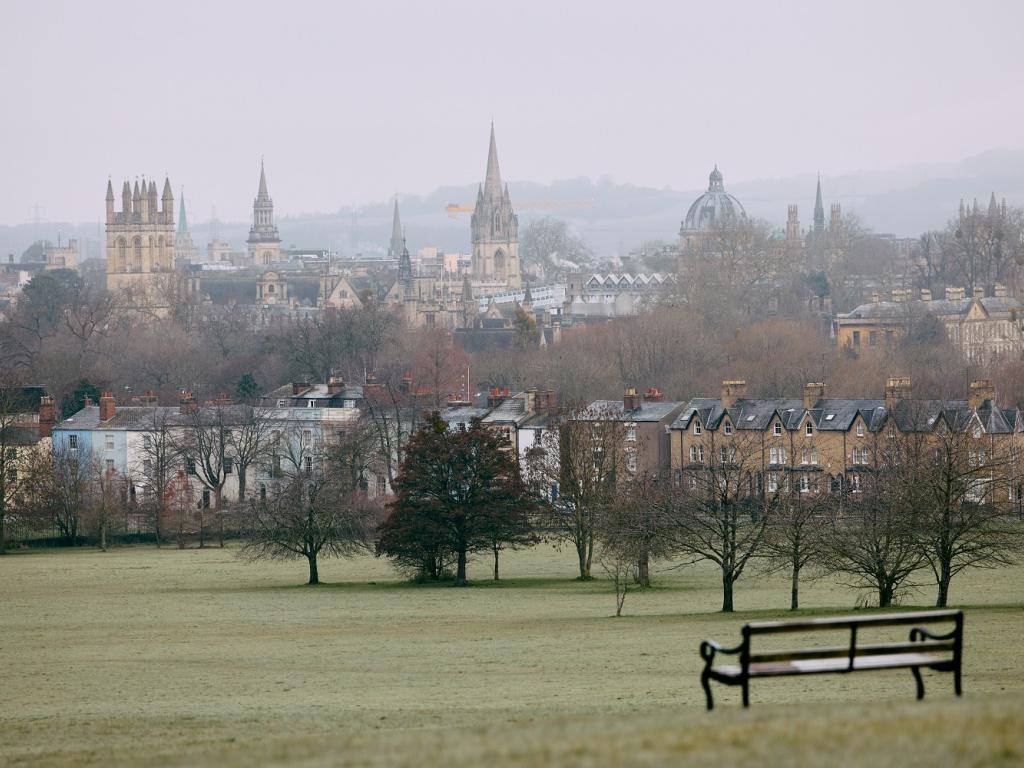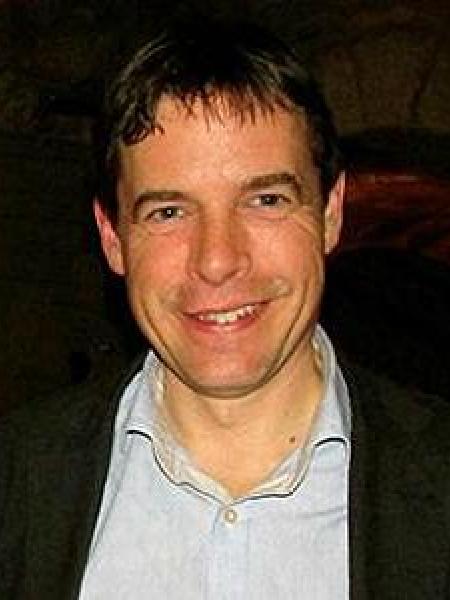
After all the constraints the pandemic imposed, Michaelmas 2022 seems refreshingly like a return to a more traditional Oxford experience for both students and staff. Some have come up for the first time. Among those who have recently returned, are our year abroad students, many of whom were forced to negotiate additional challenges, in particular as a result of the war in Ukraine. Arun Denton had an extremely adventurous and rewarding time travelling with another Oxford undergraduate. They volunteered as translator-interpreters on the Polish-Ukrainian border, helping refugees, in a clear demonstration of the usefulness of speaking languages! They then headed for Bishkek and enjoyed Kyrgyz hospitality as well as language lessons. Martin Dixon, like them took the opportunity to taste local culture in more ways than one. One of the unexpected benefits of his year was attending a potato festival in rural Slovakia. Fresh vegetables and country life also featured in Klara Zhao’s destination of choice, La Romieu, in the only French ‘département’ which has no motorway: the Gers. She had ample opportunity to observe the Gascons’ habits, to paint watercolours of the scenery and to enjoy the slower pace of life.
Meanwhile, back in Oxford, one of the high points of Michaelmas term was Professor Karen Leeder’s inaugural lecture when, moving from New College to Queen’s in the process, she took up the Schwarz Taylor Chair, endowed by Dieter Schwarz Foundation. For those unable to attend a packed Main Hall in the Taylor Institution, there is the opportunity of discovering what was said in graduate student Hannah Scheithauer’s presentation of the talk which touched on many aspects central to Karen Leeder’s work as a researcher, teacher and translator.
We are fortunate to have a thriving research community in Oxford. Thanks to a recent graduate, Dr Hannie Lawlor, we welcomed early career researcher Dr Raquel Fernández-Menéndez as the recipient of the 2022 Association of Hispanists of Great Britain and Ireland Visiting International Fellowship. Together, Hannie and Raquel have thought up future collaborative plans with their overlapping and complementary interest in Spanish women writers. In a perfect illustration of the way in which the experience of teaching and research can enhance each other, Professor Seth Whidden’s tutorials on Baudelaire led to him to think further about the prose poem and laid the foundations for a recent book. A very active Emerita, Professor Ann Jefferson never expected to write a biography of Russian-born French author Nathalie Sarraute, but write it she did, and it came out to great critical acclaim. Her short piece reflects on biography as a genre as well as on her own experience.
A fourth cohort of students, piloted by Dr Jonathan Pattison, is currently reading the final shortlist of France’s most prestigious literary prize, the Goncourt. The ‘Choix Goncourt UK’, launched by Professor Catriona Seth with the support of the French Embassy in London, the Institut Français du Royaume-Uni, the Association Universitaire de la Francophonie and the Académie Goncourt, invites students to vote for their winner. With the participation of fifteen universities from England, Scotland, Wales and Northern Ireland, it is one of the high points of French cultural life in the UK. Oxford has of course been involved from the start and Patrick Dybell recounts his experience as part of the 2022 team.
Many achievements should be celebrated, including the recent award of a prestigious Philip Leverhulme Prize to Professor Sam Wolfe, and I speak, I think, for all students, faculty and staff when I pay tribute to Professor Almut Suerbaum, who has just stepped down as Faculty Chair. She was a calm and benevolent voice in troubled times. She is now looking forward to pursuing some of her multiple research interests. Through good times and bad, both at home and abroad, we are fortunate to be able to count on remarkable individuals, from our freshers to our emeriti as well, of course, as our community of alumni. All contribute to Oxford being consistently awarded the top place in rankings for the study of Modern Languages—most recently in the Guardian’s 2023 list. Whilst we do not necessarily believe in such rankings, we will do all we can to continue to offer students the best possible teaching and experience during their time at Oxford and hope to engage with them further once they have gone down.

Best wishes,
Professor Jonathan Thacker
Chair of the Faculty of Medieval and Modern Languages